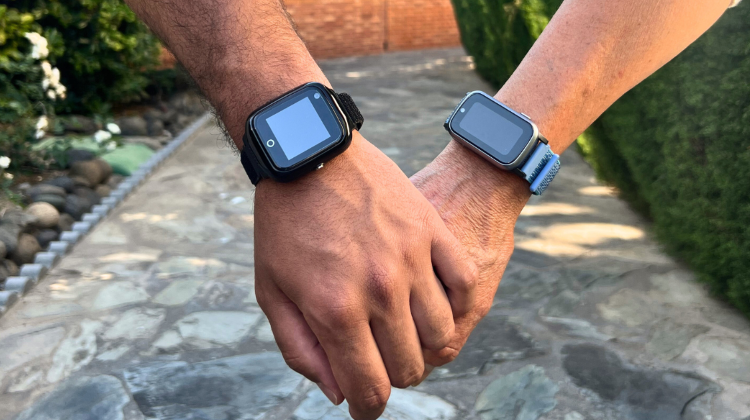SvD reviews municipal personal alarms after extensive problems
Investigation reveals serious flaws in emergency alarms
Svenska Dagbladet (SvD) has conducted an extensive investigation into municipal personal alarms, in Sweden uncovering serious deficiencies. The investigation, covering over 200 complaints to the Health and Social Care Inspectorate (IVO) from 2019 to 2023, reveals that many alarms do not function properly. Issues include technical faults and delays, resulting in personnel failing to show up or arriving late.
Serious incidents and technological failures
One of the most telling cases is Gun-Britt Brännström, 91, who pressed her alarm three times but only received help once. Twice she lay injured for hours without assistance. Range issues are another serious problem. The alarm should cover at least 50 meters but has often failed to do so. Gun-Britt’s alarm did not work outside her front door, leaving her injured for hours.
Another tragic example is an elderly woman in Luleå who died in 2021 after pressing her alarm eight times over 1.5 hours without receiving help. A failed upgrade caused the alarm to malfunction, and when the home care night patrol arrived, she was already dead. Such incidents highlight the severe consequences of technological shortcomings and understaffing.
Municipal responsibility and need for action
The investigation has sparked a discussion about municipalities’ responsibility to ensure personal alarms work. The Swedish Civil Contingencies Agency (MSB) and IVO must now review systems and guarantee backup routines are in place. According to Ida Engberg at Adda, who oversees large procurements, issues often arise during upgrades, affecting many municipalities simultaneously.
Understaffing and increased insecurity
Understaffing is a significant problem in elderly care. Stockholm’s emergency call center receives approximately 850,000 alarms from the elderly annually. While 99% of cases are handled well, hundreds still face delays each year. Malin, working at Stockholm’s large call center in Älvsjö, describes a pressured work environment where staff sometimes cannot reach those who have alarmed.
SvD’s investigation and reports on personal alarms highlight a system failure requiring immediate action to protect our most vulnerable citizens. Authorities must take responsibility and ensure the alarms function as intended.
Sensorem’s personal alarm that works everywhere (including outdoors) is unaffected by disturbances
Sensorem’s personal alarm communicates with the mobile network and works everywhere in the world (including outdoors). If the user presses the physical alarm button for three seconds the user’s relatives is called in a predefined order and they also receive SMS and push notifications with information about the alarm. If relatives cannot respond, the alarm is forwarded to Sensorem’s call center, which, in urgent situations, connects to SOS Alarm to dispatch an ambulance, etc.
Here you can read more about Sensorem’s personal alarm and watch a video explaining how it works.

